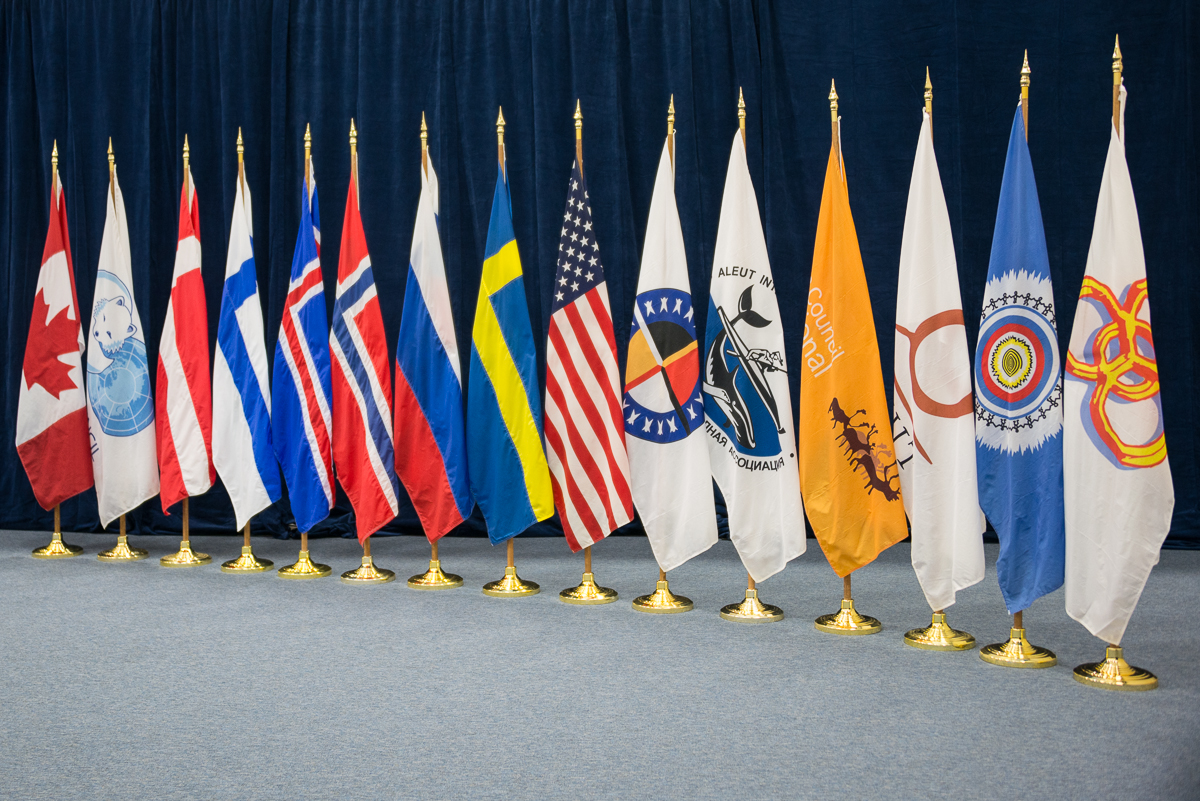How the Biden administration can most effectively re-engage in Arctic diplomacy
Sending top diplomats to the Arctic Council and signaling a willingness to discuss security can help undo the diplomatic isolation in the Arctic left by the Trump administration.

Editor’s note: This op-ed is part of a series offering Arctic policy recommendations to the incoming administration of President-elect Joe Biden. Follow our social media channels (Facebook, Twitter) or subscribe to our daily newsletter to be the first to read new installments.
With the Biden administration in office, and Secretary of State Antony Blinken newly confirmed, the U.S. State Department should reach out to the Icelandic government, the current chair of the Arctic Council, to confirm that Blinken will attend the Arctic Council ministerial meeting in May, hopefully to be joined by the new U.S. Special Envoy for Climate, former Secretary of State John Kerry. In addition, the State Department should also urge Reykjavik to consider hosting an informal meeting of the eight Arctic Council foreign ministers the day before the ministerial, outside of the Arctic Council’s remit, to discuss geopolitical and security developments in the Arctic.
The last Arctic Council ministerial meeting in 2019 was a U.S.-instigated fiasco. On the eve of that meeting, hosted in Rovaniemi, Finland, then-Secretary of State Mike Pompeo gave a surprise, hard-hitting geopolitical speech which described the Arctic as the latest arena for great power competition, noting the aggressive actions of China and Russia in the region and claiming the U.S. was entering “a new phase of strategic engagement in the Arctic, complete with new threats to national interests.”
Having received little warning about the contents of this speech, the other Arctic nations — including some of America’s closest allies and partners in the region — responded with shock and silence. And then during the ministerial the next day, the U.S. blocked the meeting’s concluding joint statement — the first time in Arctic Council’s history that has happened — because the document included references to climate change. The U.S. had isolated itself on Arctic policy on two consecutive days. Pompeo was right to highlight the need to discuss Arctic geopolitical issues, but his tactics, in addition to making the day-to-day work of the Arctic Council more challenging, obliterated his policy objectives.
Sending two very senior U.S. government officials to the Arctic Council ministerial meeting will send an early and strong message that the United States has returned diplomatically to the Arctic Council and will re-engage on Arctic climate issues after a four-year hiatus. This message is particularly important on the eve of the hand-over of the Arctic Council Chairmanship to Russia.
But most importantly, the eight Arctic Council member states must initiate a geostrategic dialogue amongst themselves on increased military activities in the region, concerns regarding legal interpretations of the UN Convention on the Law of the Sea for the Northern Sea Route and the future rulings by the Commission on the Limits of the Continental Shelf, the growing economic role of non-Arctic members, such as China, and the need for greater transparency and openness related to scientific research. Other attempts at creating regional forums to discuss security issues, with the exception of the Arctic Coast Guard Forum, have largely failed. Recently, the Russian government signaled its interest in reviving the Arctic Chief of Defense Roundtable which is an encouraging sign that Moscow also sees utility in discussing hard security issues in the Arctic. But foreign ministers have a key role to play across a wider set of issues.
Expectations should be modest for this initial informal meeting of Arctic foreign ministers but it will begin to normalize geopolitical discussions in a multi-lateral setting, hopefully building toward a more structured format for regular geopolitical and military discussions with a purpose: to increase transparency and confidence building measures in the Arctic.
Heather A. Conley is a senior vice president for Europe, Eurasia and the Arctic and director of the Europe, Russia and Eurasia Program at the Center for Strategic and International Studies.
The views expressed here are the writer’s and are not necessarily endorsed by ArcticToday, which welcomes a broad range of viewpoints. To submit a piece for consideration, email commentary (at) arctictoday.com.